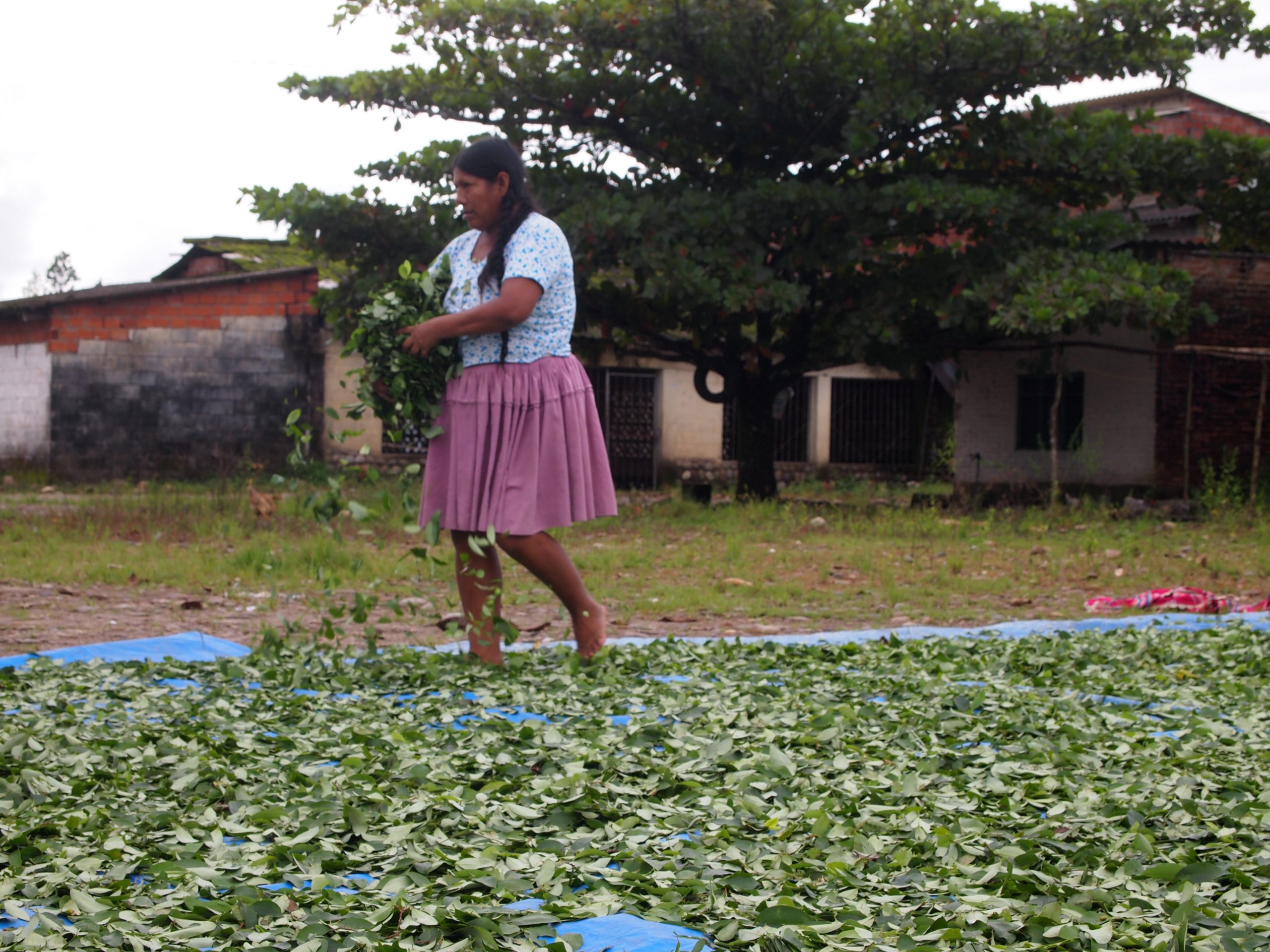Rural women’s rights: the impact of organizing by Bolivia’s coca growing women by Linda Farthing and Thomas Grisaffi
Abstract: Evo Morales’ administration (2005-2019) had a firm commitment to improving the lives of Bolivia’s poorest people, who are mostly rural and indigenous women. A key element in this shift was the influence that the principal rural indigenous women’s organization, the Bartolinas, exercised within the Morales government. This article contends that the Bartolinas’ success drew in no small measure from women coca growers who organized against the 1990s U.S.-financed War on Drugs in the Chapare region. Focused initially on resisting repression, these women played a central role in the formation of the political party that Evo Morales headed and in strengthening the Bartolinas at the same time as they gradually expanded their demands to include more emphasis on women’s issues. They assumed important positions in the Morales government and they played a central role in advancing indigenous and rural women’s rights, including achieving electoral gender parity in the 2009 Constitution.
Read more here.

